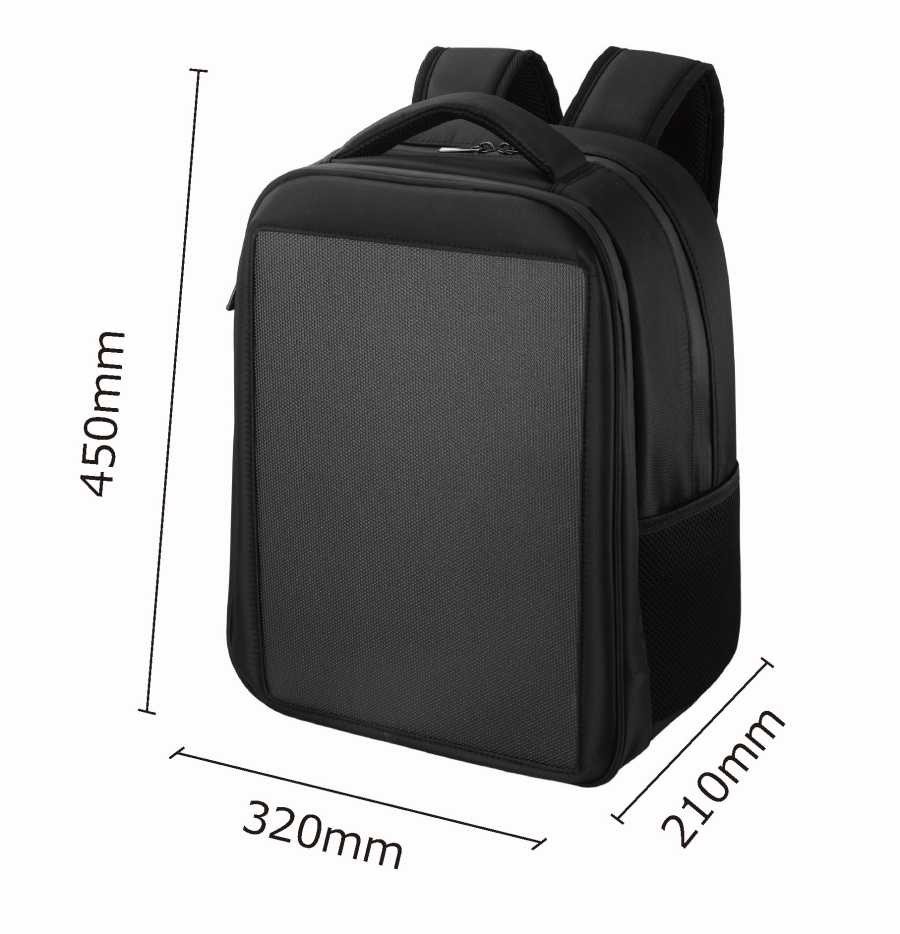Portable solar panels can be a useful way to power your devices while you're on the go. They don't have a lot of moving parts and have little chance of failing. You can keep one in your car, or take it with you on a hiking trip.
The size and weight of your portable solar panel is a big factor in how easy it is to carry. If you're planning a long-distance trip, you'll probably want to consider a larger solar panel. But if you're planning a quick trip to a friend's house, a small, lightweight unit may be all you need.
Most portable solar panels come with a battery and an inverter. This can help you keep your phone charged during a thunderstorm or illuminate your campsite at night. Some models even have USB ports, making it easier to charge your computer.
The biggest advantage of a portable solar panel is the ability to recharge a battery without the need for power outlets. Since it's not necessary to install a solar panel in a location, it's a great option for anyone who wants to get started with renewable energy.
However, when choosing a portable solar panel, you need to be sure that it can actually provide the amount of energy you need. For example, if you need to recharge your cell phone during a long road trip, you'll need a higher-wattage model than if you need to run your laptop. Likewise, if you want to power a heavy, electric item, you'll need a larger panel. Besides, if you're in an area that doesn't receive a lot of sunlight, you'll need a panel that's more efficient.
Portable solar panels have a number of features, including an inverter and storage case. Some models come with a built-in stand, so you can put your panel in a location that's convenient to you. These models are also often foldable, meaning they're compact and easy to store in a vehicle or trunk.



 English
English 中文简体
中文简体 Français
Français Español
Español Deutsch
Deutsch

















